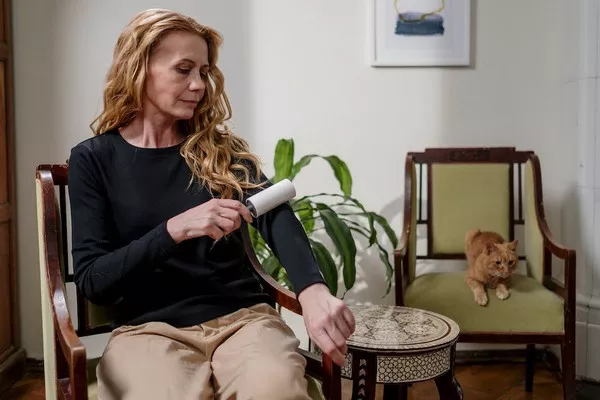A sobering reality confronts women over the age of 60 and those with disabilities – they face a heightened risk of abuse, yet their experiences often remain obscured in existing data landscapes, reveals two new publications released today by the World Health Organization (WHO).
Despite the scarcity of data, where information exists, these marginalized groups endure alarmingly high prevalence rates of abuse. A systematic review uncovered elevated risks of intimate partner violence among women with disabilities, while another study revealed increased rates of sexual violence within this demographic.
Dr. Lynnmarie Sardinha, Technical Officer at WHO and the UN Special Programme on Human Reproduction (HRP) for Violence against Women Data and Measurement, underscores the underrepresentation of older women and women with disabilities in violence research. This gap undermines the efficacy of programs aimed at addressing their specific needs.
Sardinha, along with other authors, has contributed to two new WHO briefs focusing on measuring violence against older women and women with disabilities. These publications mark the inaugural installments in a series addressing overlooked forms of violence within the UN Women-WHO Joint Programme on Violence against Women Data.
Understanding the diverse impact of violence on women and girls, including their access to services, is pivotal in eradicating violence in all its manifestations, emphasizes Sardinha.
Statistics from WHO reveal that one in three women globally experience physical and/or sexual violence in their lifetimes, either from intimate partners or other perpetrators. The prevalence of violence varies across regions, ranging from 20% in the Western Pacific to as high as 31-33% in regions like Africa, Eastern Mediterranean, and South-East Asia.
In addition to the pervasive risks faced by women worldwide, older women and women with disabilities confront unique challenges and additional forms of abuse. Caregivers or healthcare professionals may perpetrate coercive behaviors, such as withholding essential medications or assistive devices, alongside financial exploitation.
As women age, intimate partner violence often evolves from physical to psychological abuse, including threats of abandonment. However, further research is required to comprehend the shifting dynamics of power in older age.
Isolation exacerbates the vulnerability of older women and women with disabilities, making it harder for them to escape abuse or report incidents. Stigma and discrimination further hinder their access to services and support, sometimes resulting in their experiences being dismissed by responders.
Dr. Avni Amin, Head of the Rights and Equality across the Life Course Unit at WHO and HRP, underscores the roots of gender-based violence in unequal power dynamics. For older women and women with disabilities, perpetrators exploit their dependency and isolation, intensifying their vulnerability to abuse.


